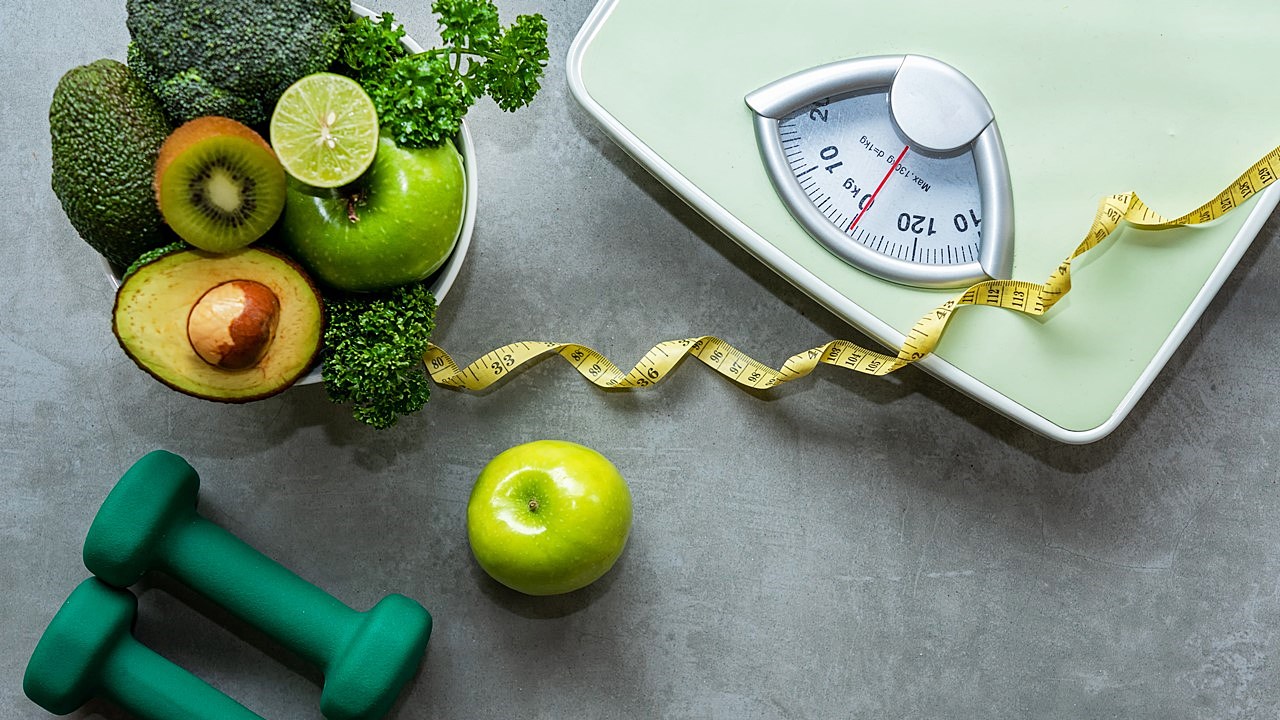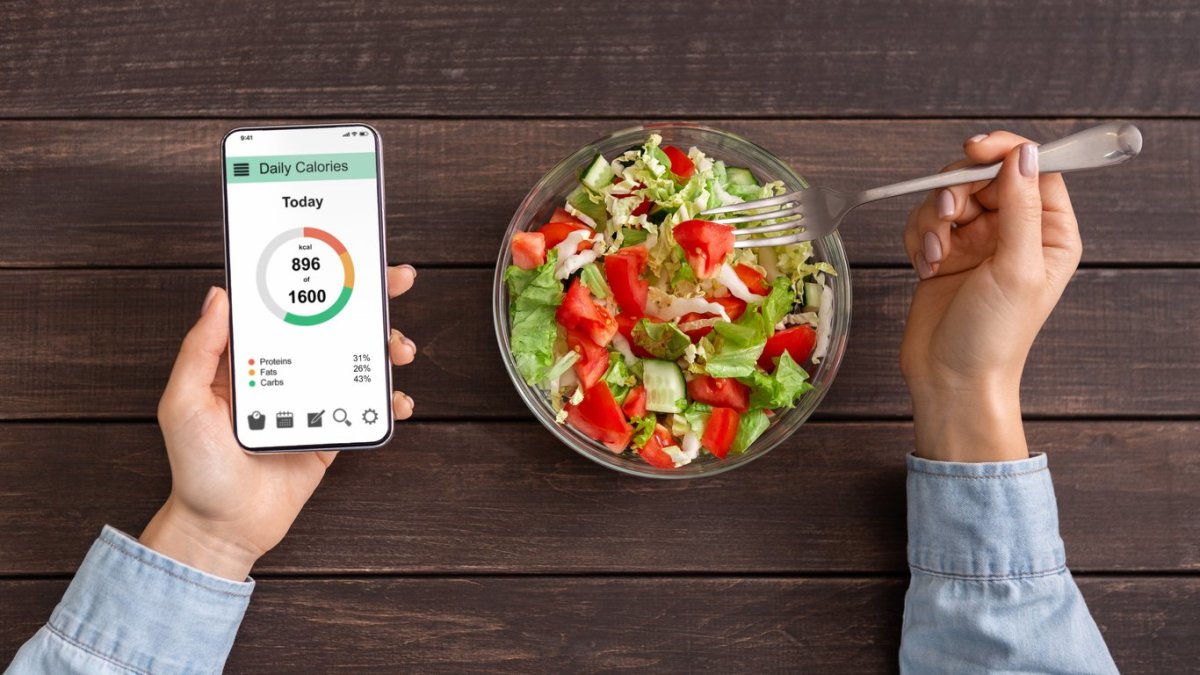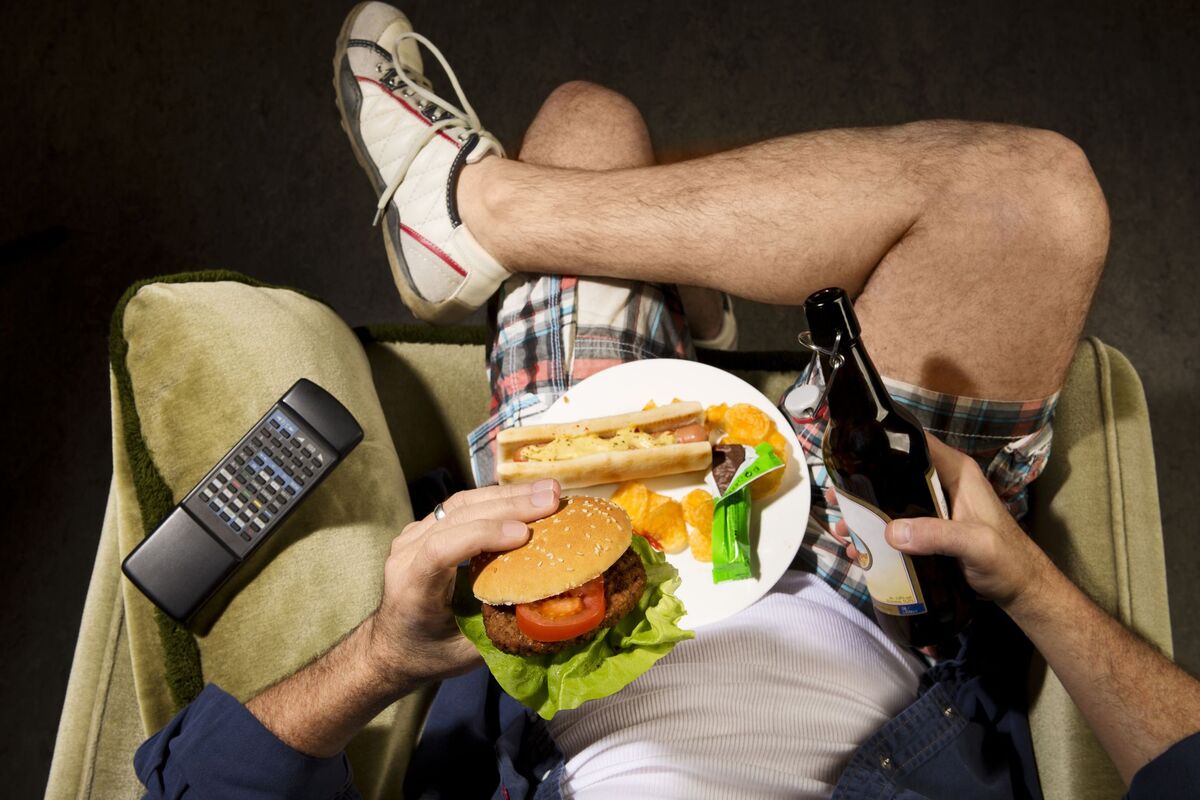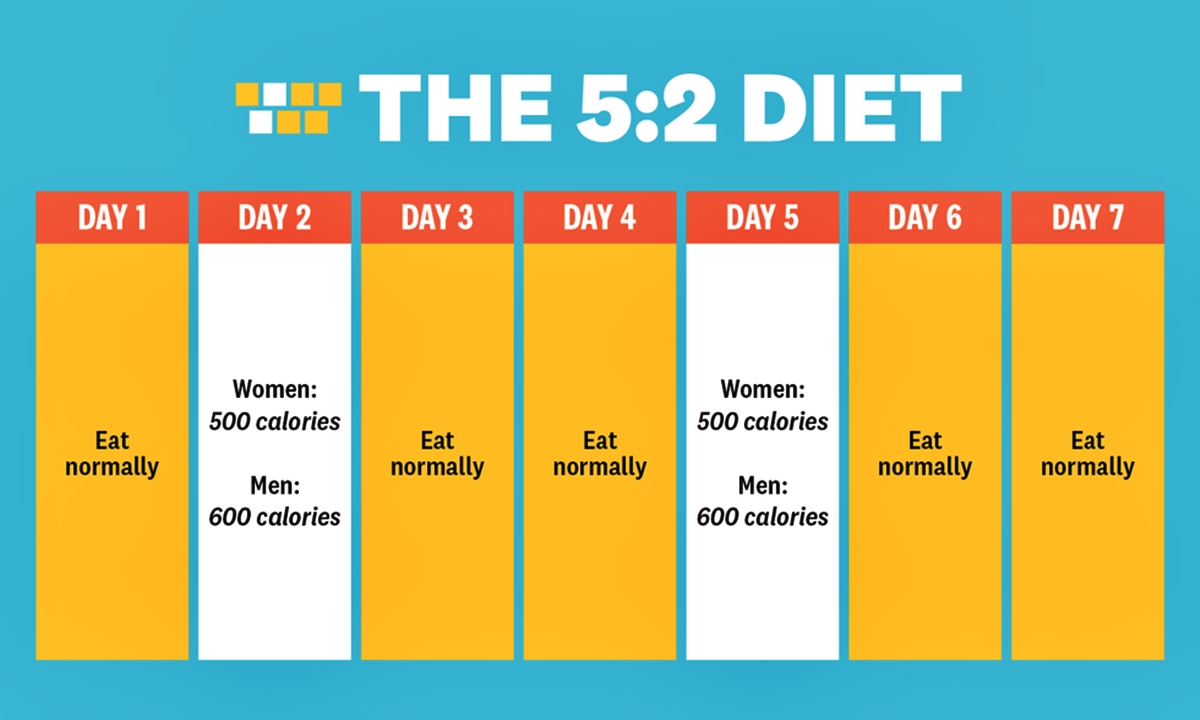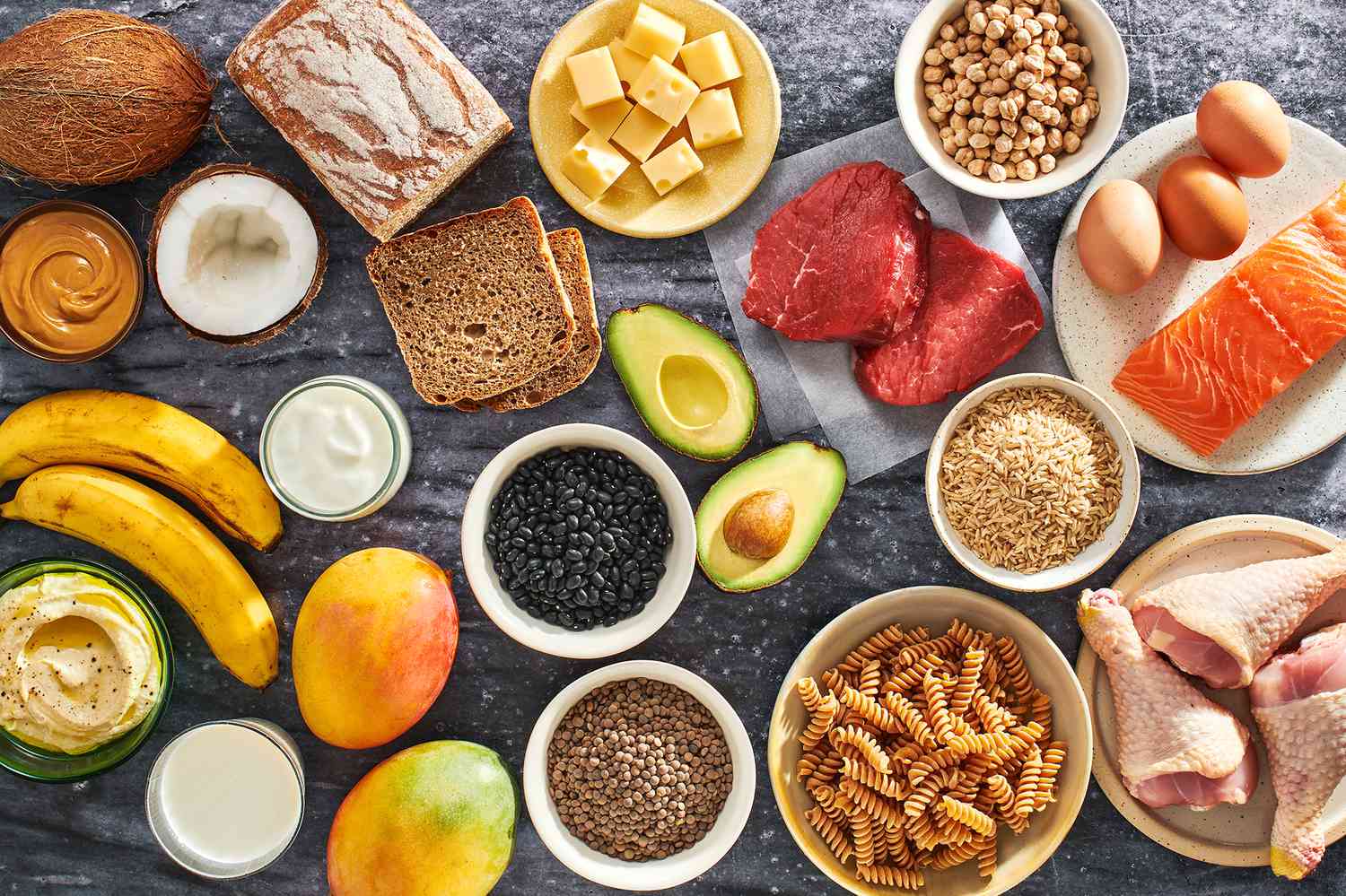Understanding Calorie Deficit
Before we dive into the details of how to eat in a calorie deficit to lose weight, let’s first understand what a calorie deficit actually means. Simply put, a calorie deficit occurs when you consume fewer calories than your body needs to maintain its current weight. This imbalance between the calories you eat and the calories you burn forces your body to tap into its fat stores for energy, ultimately leading to weight loss.
Calculating Your Calorie Needs
The first step in eating in a calorie deficit is to determine how many calories your body requires to maintain its current weight. This can be calculated using a simple formula that takes into account your age, gender, weight, height, and activity level. Once you have this number, you can then create a calorie deficit by consuming fewer calories than your maintenance level.
Choosing Nutrient-Dense Foods
When aiming to eat in a calorie deficit, it’s crucial to prioritize nutrient-dense foods that provide essential vitamins, minerals, and macronutrients while keeping calorie intake in check. Focus on incorporating plenty of fruits, vegetables, lean proteins, whole grains, and healthy fats into your meals to ensure that you’re meeting your nutritional needs despite consuming fewer calories.
Managing Portion Sizes
Controlling portion sizes is key when it comes to eating in a calorie deficit. Even when consuming nutritious foods, overeating can easily lead to an excess of calories, hindering your weight loss efforts. Be mindful of portion sizes and consider using smaller plates and bowls to help manage your food intake. Additionally, practicing mindful eating and paying attention to hunger and fullness cues can prevent overeating.
Tracking Your Food Intake
Keeping track of what you eat can be incredibly helpful when trying to maintain a calorie deficit. There are numerous apps and websites available that allow you to log your meals and track your calorie intake. By monitoring your food consumption, you can ensure that you’re staying within your calorie target and make adjustments as needed to support your weight loss goals.
Incorporating Physical Activity
While adjusting your diet is a crucial aspect of creating a calorie deficit, incorporating physical activity can further support your weight loss journey. Engaging in regular exercise not only helps burn additional calories but also offers a range of health benefits, including improved cardiovascular health, increased muscle tone, and enhanced mood.
Staying Consistent and Patient
It’s important to remember that sustainable weight loss takes time and consistency. While eating in a calorie deficit can lead to gradual and steady weight loss, it’s essential to approach the process with patience and realistic expectations. Aim for a modest calorie deficit, prioritize overall health and well-being, and celebrate non-scale victories along the way.
By understanding the principles of a calorie deficit, making mindful food choices, and incorporating regular physical activity, you can successfully eat in a calorie deficit to achieve your weight loss goals. Remember to consult with a healthcare professional or registered dietitian before making significant changes to your diet or exercise routine, especially if you have any underlying health conditions.
